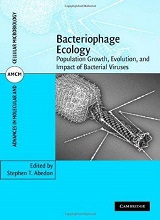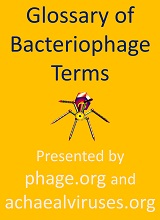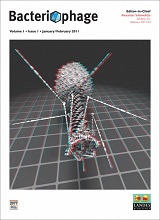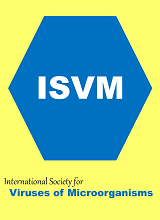
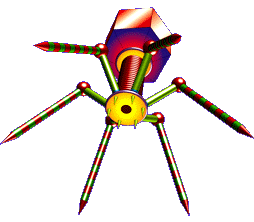
Larger organism that participates in a symbiotic relationship with a smaller organism.
For obligate intracellular parasites, such as viruses, hosts can consist of a multicellular organism and at the same time individual infected host cells. For unicellular organisms, the cell and the entire organism as host are the same thing. In either case symbionts, in addition to serving as parasites, can instead have commensal or mutualistic relationships with their hosts.
The kinds of organisms that can have symbiotic relationships with hosts is more diverse for multicellular organisms since these symbionts can consist of more than just intracellular symbionts. The larger size of multicellular hosts in particular allows for symbiont species that are larger in size as well.
While symbiotic relationships can span one or more generations for the symbiont, for the host these relationships tend to last at most a single lifespan. Descendants of symbionts in many instances, however, may be passed on to offspring, such as is the case for normal microbiota.
For more on this topic, see Wikipedia and Google. Contact web master. Return to home.




